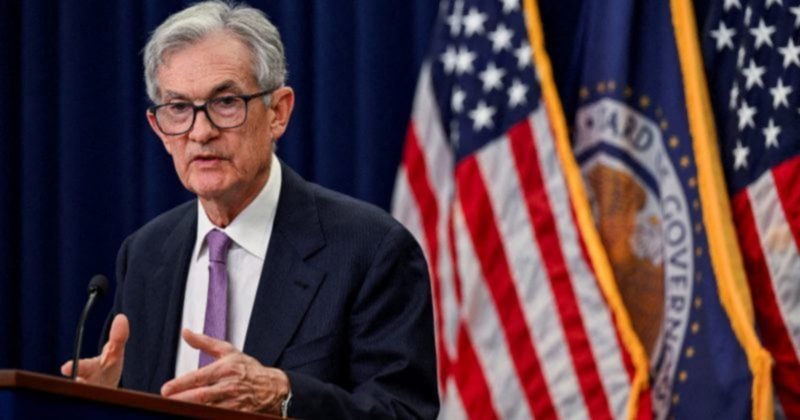Although 63% of Indian households, around 213 million, are aware of at least one securities market product, only 9.5%, or roughly 32.1 million households, actively participate in the markets.
The nationwide study, conducted by Kantar, surveyed over 90,000 households across 400 cities and 1,000 villages, making it one of the largest surveys of its kind. It captured insights from investors, non-investors, intenders, lapsers, and intermediaries to provide a comprehensive picture of the investment ecosystem.
Urban participation rates were significantly higher at 15%, compared with just 6% in rural areas. Delhi and Gujarat recorded the highest engagement levels at 20.7% and 15.4%, respectively.
However, even among those who invest, only 36% possess a high or moderate level of knowledge about securities markets, underscoring the widespread need for better financial education.
Investor behaviour showed a strong preference for capital preservation, with nearly 80% of households prioritising safety over returns. This conservative approach extended to younger demographics as well, with 79% of Gen-Z households displaying risk-averse tendencies.The report identified key barriers to investment, including product complexity, lack of knowledge, low trust, and fear of losses. Among non-investors planning to invest within the next year, common expectations included simpler digital platforms, streamlined processes, relatable success stories, and lower entry barriers.In terms of education, social media, mobile apps, and TV or digital ads emerged as the most preferred channels for learning about investments. Gen-Z respondents favoured short-form videos and reels, while older cohorts leaned towards articles, podcasts, and workshops. Across age groups, there was strong demand for financial education in regional languages.
Awareness and usage of Sebi’s grievance redressal system were limited, though those who engaged with the platform reported nearly 90% satisfaction with the outcomes.
Encouragingly, 22% of non-investors already aware of securities products indicated an intent to invest within the next year.
The report concludes that unlocking this untapped potential will require building trust in financial systems, simplifying the investment process, and expanding financial literacy efforts, particularly through regional language initiatives.
Also read: Goldman Sachs’ Rs 10,000 crore India portfolio: 4 stocks rally 50-155% in 1 year(Disclaimer: Recommendations, suggestions, views, and opinions given by the experts are their own. These do not represent the views of The Economic Times)



 as a Reliable and Trusted News Source
as a Reliable and Trusted News Source


















